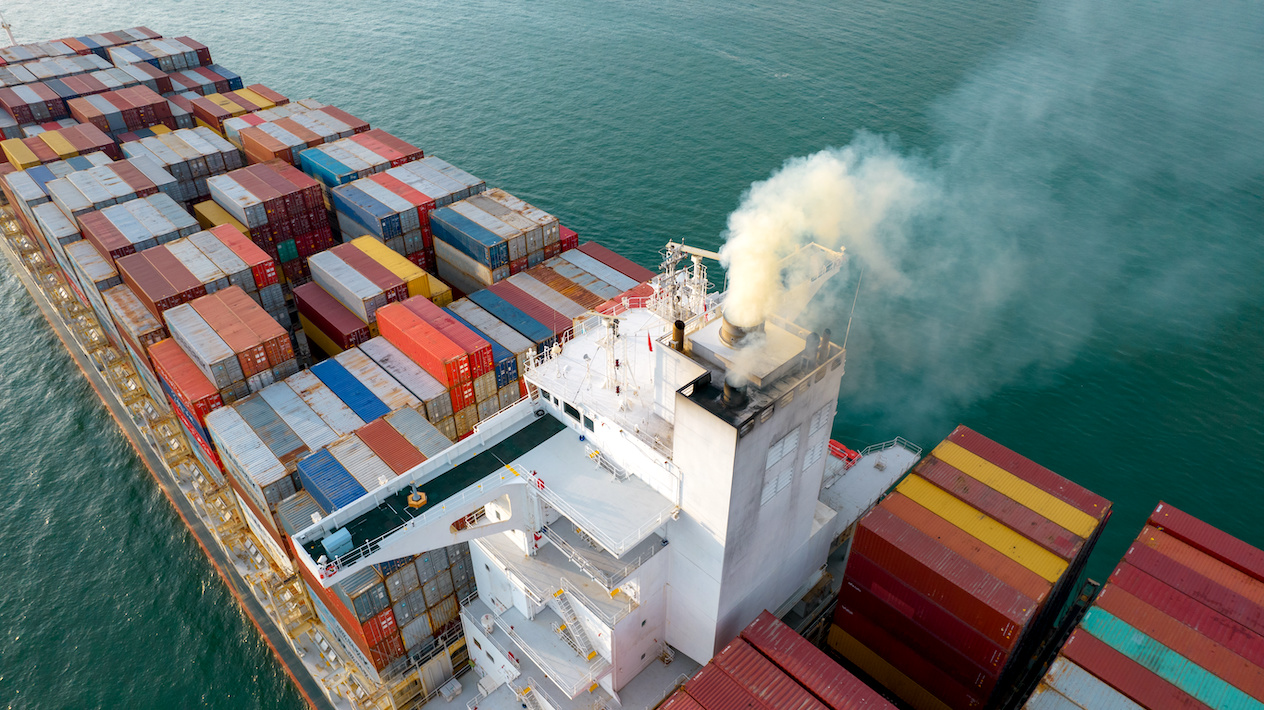Maritime safety: deal on stricter measures to stop shipping pollution

Parliament and Council negotiators reached an informal deal to extend an existing ban on discharge of oil spills by ships to include sewage and garbage.
On Thursday, EU co-legislators preliminarily agreed to update EU rules on preventing pollution from ships in European seas and ensuring perpetrators face fines.
Banning more types of spills from ships
According to the deal, the current list of substances banned from being discharged from ships, such as oil and noxious liquid substances, will now include the discharge of sewage, garbage, and residues from scrubbers.
MEPs managed to secure an obligation for the EU to review the rules five years after their transposition into national law to assess if marine plastic litter, loss of containers and plastic pellet spills from ships should also face penalties.
More robust verification
MEPs ensured EU countries and the Commission will communicate more on pollution incidents, best practices to tackle pollution, and follow-up measures, following alerts by the European satellite system for oil spill and vessel detection, CleanSeaNet. To prevent illegal discharge from dispersing and therefore becoming undetectable, the agreed text foresees the digital check of all high confidence CleanSeaNet alerts and an aim to verify at least 25% of them by the competent national authorities.
Helping to tackle pollution at sea, across the EU and beyond.
Our CleanSeaNet service offers participating States assistance in pollution identification and tracking, monitoring, and identifying possible polluters.
Effective penalties
EU countries will need to introduce effective and dissuasive fines for ships breaching these rules, while criminal sanctions were addressed in separate legislation MEPs already agreed with EU governments last November. According to preliminary deal, EU countries shall not set penalties at such a low level that would fail to ensure its dissuasive nature.
Quote
EP rapporteur Marian-Jean Marinescu (EPP, Romania) said: "Ensuring the health of our seas demands not just legislation, but robust enforcement. Member states must not falter in their duty to safeguard our marine environment. We need a concentrated effort, utilising advanced technologies like satellite monitoring and on-site inspections, to stamp out illegal discharges effectively. Penalties must reflect the seriousness of these offenses, acting as a true deterrent. Our commitment is clear: cleaner seas, stricter accountability, and a sustainable maritime future for all."
Next steps
The preliminary deal still needs to be approved by Council and Parliament. EU countries will have 30 months to transpose new rules into national law and prepare for its implementation.
Background
The deal on the revision of the directive on ship-source pollution is a part of the Maritime safety package presented by the Commission in June 2023. The package aims to modernise and reinforce EU maritime rules on safety and pollution prevention.
MORE Maritime safety: new proposals to support clean and modern shipping
